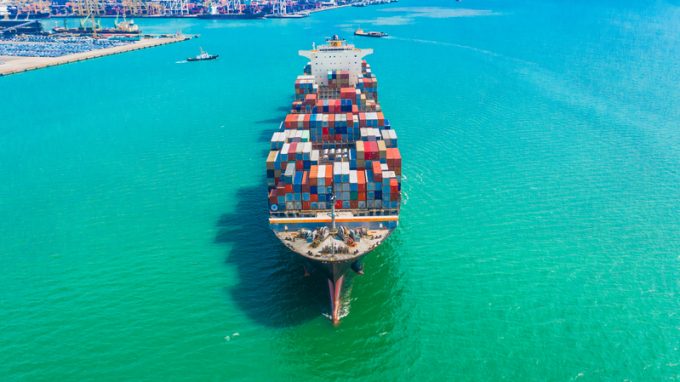What next for Maersk, MSC and the other alliances?
In practice, the 2025 termination of the 2M vessel-sharing agreement (VSA) between Maersk and MSC ...

As the economic fallout from the coronavirus pandemic continues, the OECD’s International Transport Forum (ITF) has renewed its criticism of the structure of the liner shipping industry, according to Splash247. The slump in consumer demand has driven a steep decline in volumes and looks set to wreak havoc on carriers’ balance sheets, and led the ITF to refine its warnings about the re-emergence of state subsidies and associated loss of moral hazard, as well as how the crisis has illustrated ...
Maersk u-turn as port congestion increases across Northern Europe
Apple logistics chief Gal Dayan quits to join forwarding group
Maersk Air Cargo sees volumes fall as it aims for 'margin in favour of revenue'
Airlines slash freighter capacity post-de minimis, but 'the worst is yet to come'
Houthis tell Trump they will end attacks on Red Sea shipping
Transpac rates hold firm as capacity is diverted to Asia-Europe lanes
MSC revamps east-west network as alliance strategies on blanking vary
India-Pakistan 'tit-for-tat' cargo ban sparks sudden supply chain shocks


Comment on this article